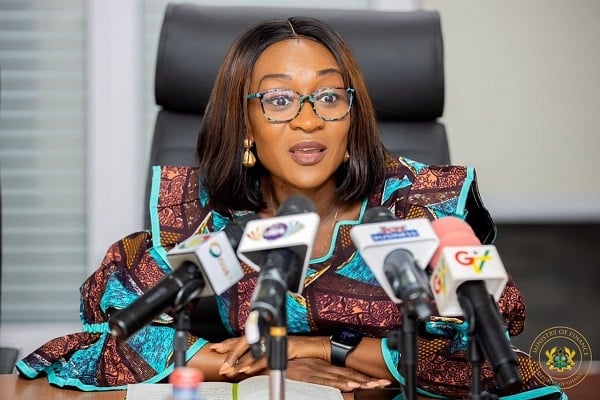The Public Accounts Committee (PAC) of Ghana, during its sitting on August 22, 2025, uncovered a case of fraudulent allowance claims by a teacher, Stephen Akomeah, employed in Donkorkrom. Akomeah, over three years, illicitly received transport allowances specifically designated for teachers with disabilities, despite not having any physical impairment. The anomaly was brought to light by the Auditor-General’s Report, which flagged the irregular payments. This revelation sparked immediate action from the PAC, leading to a directive for the recovery of the misappropriated funds.
The transport allowance, a provision designed to alleviate the mobility challenges faced by disabled teachers, was exploited by Akomeah, who managed to receive the benefit under false pretenses. This act of deception prompted a strong reaction from Deputy Minister of Education, Clement Apaak, who decried the incident as a grave breach of trust. He expressed concern over the systemic weaknesses that allowed such fraudulent activities to go undetected for an extended period. Apaak further emphasized the criminality of the act, highlighting the need for earlier reporting and accountability within the education system. His remarks underscored the gravity of the situation and the need for immediate corrective measures.
The PAC, chaired by Abena Osei Asare, responded decisively to the findings. A directive was issued to the Donkorkrom District Education Director and the District Accountant to ensure the full recovery of the misappropriated amount, totaling GH¢17,703.28, within 30 days. The funds are to be deposited into the Auditor General’s Recovery Account. This action underscores the PAC’s commitment to ensuring accountability and financial probity within public institutions. The case serves as a stark reminder of the potential for fraud within systems and the importance of robust oversight mechanisms.
The incident raises several critical questions about the integrity of the allowance disbursement process. How could Akomeah manage to claim the disability allowance for three years without being detected? Were there any lapses in verification procedures at the school or district levels? Did the headmaster play a role in validating the false claim? These questions point to potential weaknesses within the system that need to be addressed to prevent similar occurrences in the future. A thorough investigation into the matter is necessary to identify all those involved and hold them accountable.
The case of Stephen Akomeah underscores the importance of strengthening internal controls and verification procedures within the education system. Clear guidelines and stringent checks must be in place to ensure that allowances and benefits reach only those genuinely entitled to them. Regular audits and robust oversight mechanisms are crucial to detect and prevent fraud and misappropriation of public funds. Furthermore, fostering a culture of transparency and accountability within educational institutions is essential to discourage such malpractices.
Beyond the recovery of the misappropriated funds, the Ministry of Education should undertake a comprehensive review of its allowance disbursement system. This review should focus on identifying and addressing any loopholes that could be exploited for fraudulent claims. Strengthening verification procedures, implementing stricter controls, and enhancing transparency in the process are vital steps to ensure the integrity of the system. Furthermore, the Ministry should consider implementing whistleblower protection mechanisms to encourage individuals to report suspected fraud and irregularities without fear of reprisal. This incident serves as a valuable lesson, prompting a necessary reassessment of systems and procedures to prevent future occurrences of such fraudulent activities.


